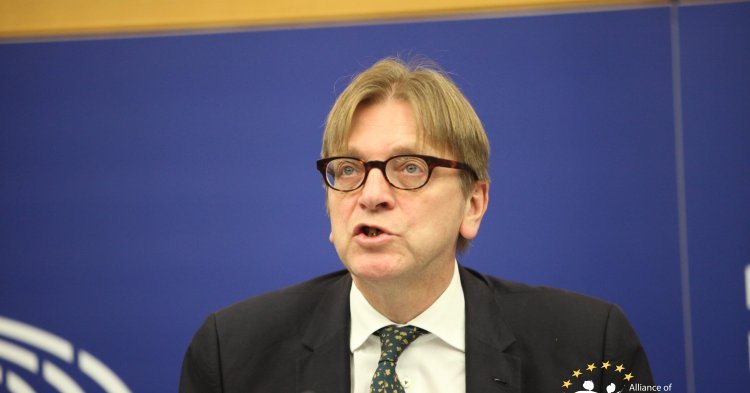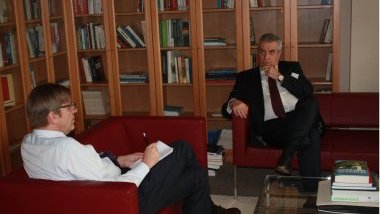The parliamentary group holds a strong pro-european position of European integration. It profits from good results of the Irish liberals during February elections but also from poll results in Poland, Spain and Germany. Having been neglected from electors during the financial crisis, especially in Germany, Ireland or Great Britain, the liberal movement is now rising again. The public opinion had become partly critical towards the concept of a neo-liberal economy. Now these parties gain electors again, especially in the middle-class opposition.
The poll results of the right-winged ENF party of Marine Le Pen this month decreased for the first time since the foundation of the alliance. This loss is mainly due to Geert Wilders PVV in the Netherlands, whose results decreased in the last weeks. The right-winged parties concentrate only 6% of the European electors, in February they had reached 7%.
The Socialists and Democrats hit their historical lowest result getting only 24% of the votes. The European elector’s support has never been lower. Parliamentary elections take place in Slovakia this month and especially there the downside trend is obvious. One reason may be that the social-democratic solution on how to deal with the refugees remains unclear. People being afraid about their social status might see their economic standard in danger and turn towards Farage or Le Pen. Furthermore, the social-democrats are seen as responsible for some restrictions and austerity politics in the Southern member states. Especially the former social-democratic electors suffered from these cuts and converge towards the left or right alternatives.
Alexis Tsipras’ left group GUE/NGL however does not profit from this shift of opinions stays at 9%. The Greek prime minister’s support is shrinking among protest electors since his assumption of office. Jean-Claude Junckers EPP of Christian democrats remains the biggest group in the European Parliament, holding 25%.
The Green and separatist Parties remain at 4%. The moderate right populist reach 5% again. David Cameron’s euro-conservative ECR would receive 11% of the votes.



Follow the comments: |
|
